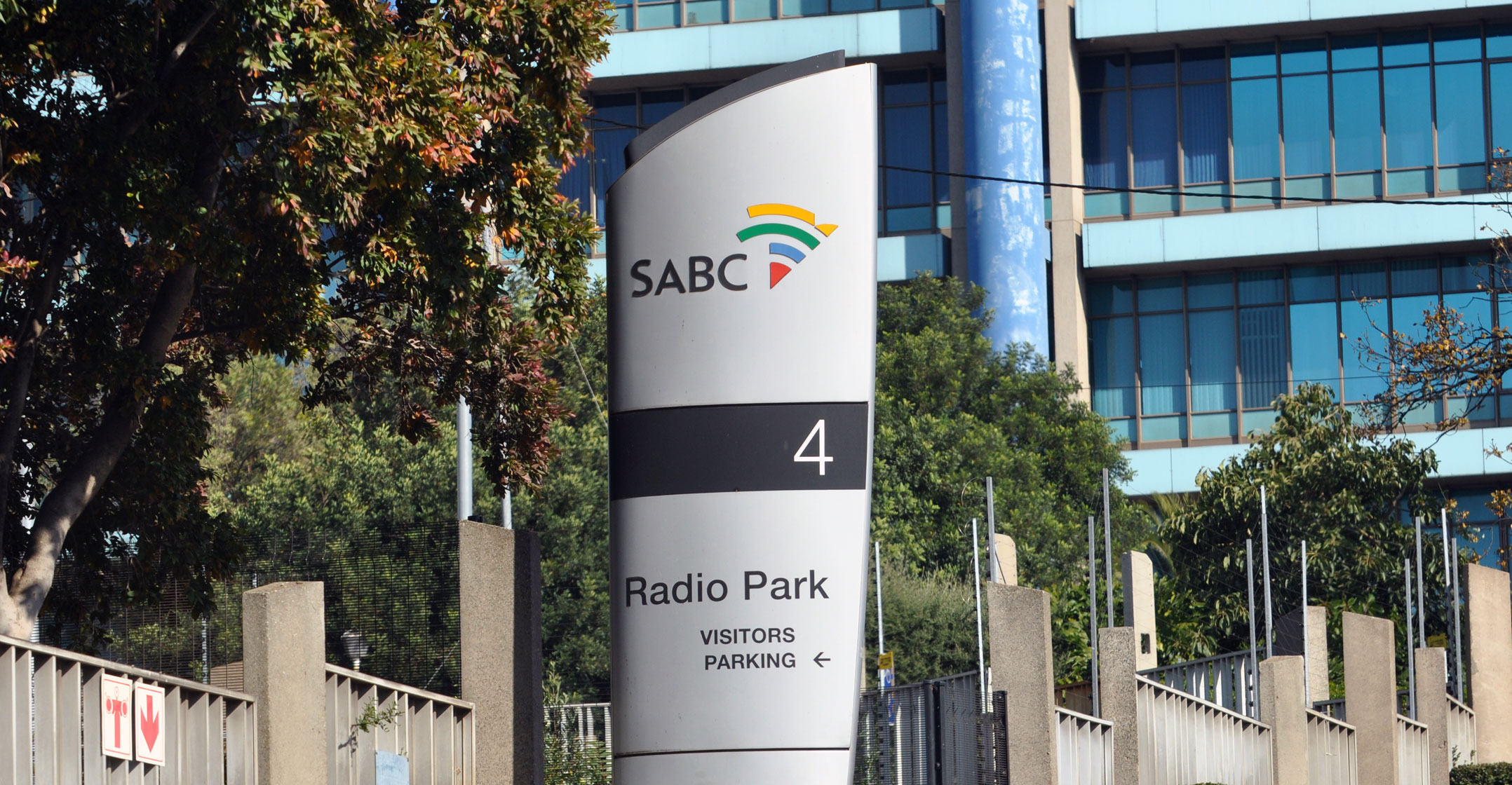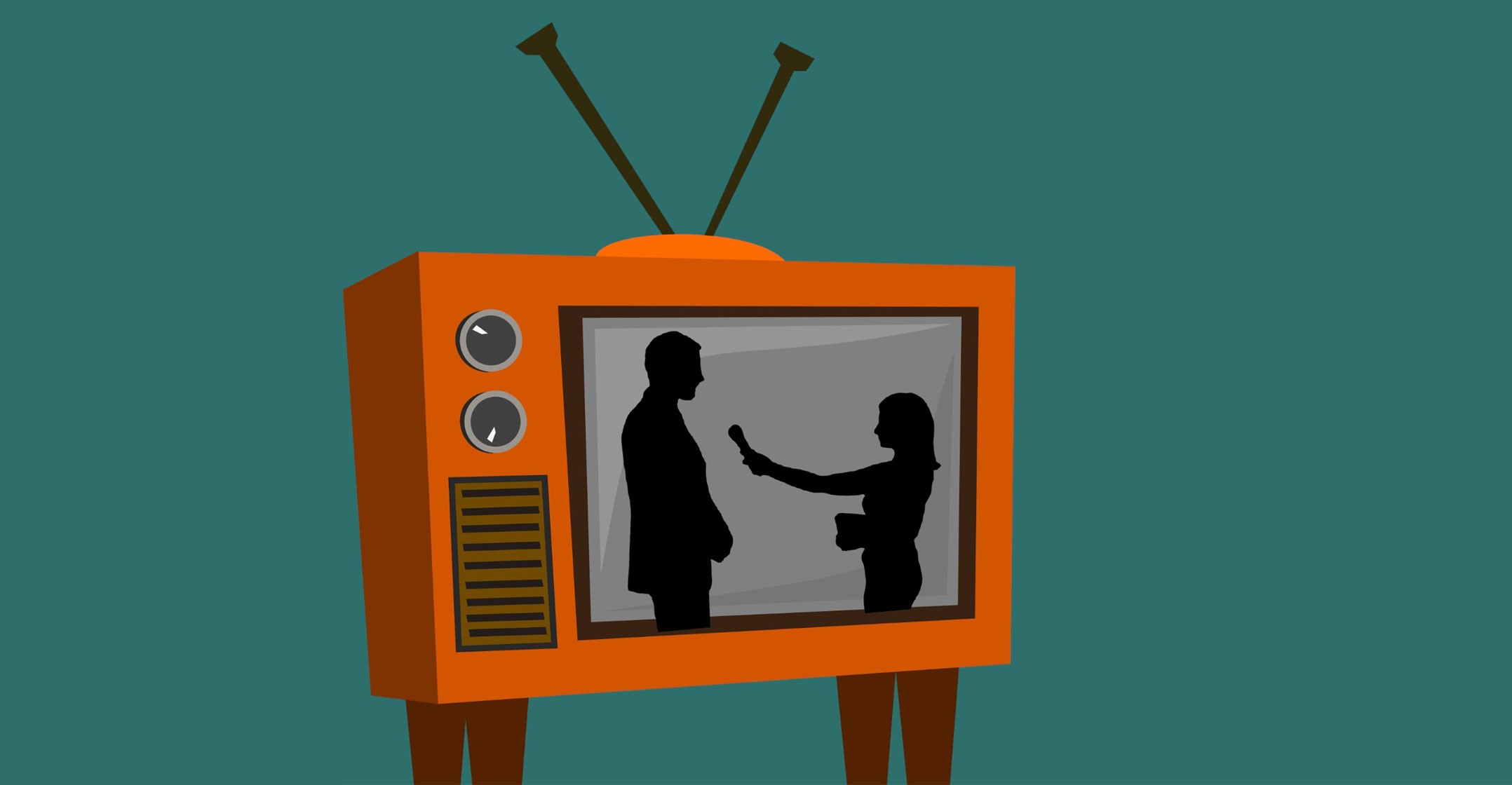 The SABC wants a new tax on households introduced to fund public broadcasting and to do away with the television licence fee, which few South Africans are paying anyway.
The SABC wants a new tax on households introduced to fund public broadcasting and to do away with the television licence fee, which few South Africans are paying anyway.
“The current TV licence fee system should be scrapped and replaced with a device-independent, tech-neutral household levy for public broadcasting, which would levy all households, with exemption for the indigent and discounts for pensioners,” the SABC said in a summary of its submission on planned legislative changes in the broadcasting space seen by TechCentral. An SABC insider confirmed the document is accurate and is an official summary of the broadcaster’s submission on the draft white paper on audio-visual content services.
“The SABC’s entire submission is based on the accepted principle that the sustainability of the public broadcaster — through the financing of public mandate programming — is vital to our constitutional democracy,” the document said.
The SABC’s proposal on the household levy is “founded on the fact that every single South African household has the realistic ability to access public broadcasting content, whether via analogue free-to-air TV and radio platforms, or via digital terrestrial television, direct-to-home satellite, the Internet, and streaming services through several mobile apps”.
“Therefore, the levy is linked to the public’s ability to access public broadcasting content rather than on the consumption of that content. A similar household levy system was upheld as constitutional by the German constitutional court in 2018 as it was ‘specifically for the financing of public service programming that is fundamental to democracy’.”
MultiChoice must collect
As a “pro-competitive measure”, DStv parent MultiChoice Group should be required to collect the public broadcasting household levy from its subscribers, the SABC said in its submission.
“This proposal must be seen in the current market context after decades of prejudicial legislation and regulation against the SABC, including the must-carry regulations, which have obliged the SABC to provide its three free-to-air channels to subscription broadcasters for free (since 2008); sports broadcasting regulations, which failed to protect the public broadcaster from anticompetitive bundling of rights and unfair sublicensing criteria (since 2004); and the failure by the regulator to implement any limitations on advertising on subscription broadcasters as intended by the Electronic Communications Act in 2005.”
These measures and omissions have had a “massively negative impact on the SABC’s finances”. The freely provided channels and programming have also been used by “a competitor” (MultiChoice) to build part of its subscription base, it said.
 “However, the requirement to collect the public broadcasting levy will not only fall upon the dominant subscription broadcaster. The SABC will be responsible for collecting the public broadcasting levy from the balance of households. The SABC will — in addition to current collection methods — utilise a more efficient digital collection system, using the SABC’s digital broadcasting, online channels and ‘over-the-top’ streaming platform (to be launched in 2021). The SABC’s proposed move away from the primarily TV retailer collection model to a public broadcasting household levy is conditional on the dominant subscription broadcaster being required by law to collect this levy from its subscribers.”
“However, the requirement to collect the public broadcasting levy will not only fall upon the dominant subscription broadcaster. The SABC will be responsible for collecting the public broadcasting levy from the balance of households. The SABC will — in addition to current collection methods — utilise a more efficient digital collection system, using the SABC’s digital broadcasting, online channels and ‘over-the-top’ streaming platform (to be launched in 2021). The SABC’s proposed move away from the primarily TV retailer collection model to a public broadcasting household levy is conditional on the dominant subscription broadcaster being required by law to collect this levy from its subscribers.”
In addition, the public broadcaster, instead of requesting an annual sum from national treasury for public mandate programming, wants the relevant governmental departments to “allocate and ring-fence a line item in their budgets for the relevant public service content”.
“Such funding shall be provided for programming relevant to the national development mandate of a particular department, without compromising the SABC’s editorial independence. These departments would include health; basic education; higher education & training; sports, arts & culture, GCIS and the department of communications & digital technologies.
“Notwithstanding the absence of funding for the public mandate, the SABC is still committed to breaking even and turning the organisation around. However, it will become more difficult to properly meet the public mandate in all respects without additional funding, over and above the public broadcasting household levy.” — (c) 2021 NewsCentral Media




